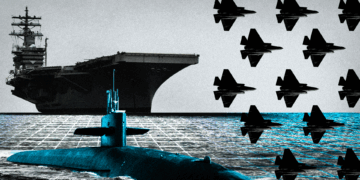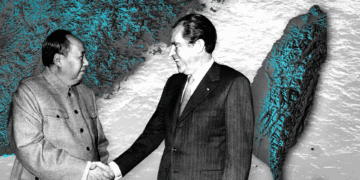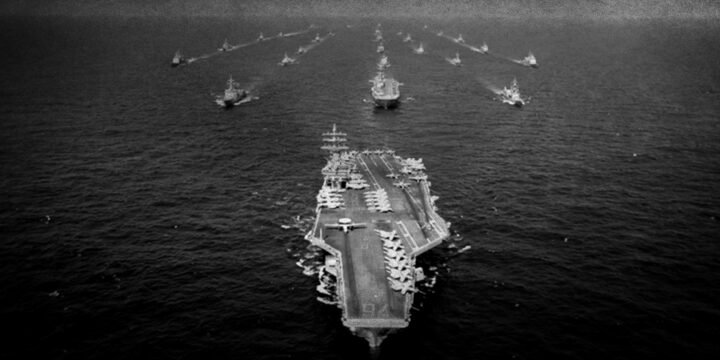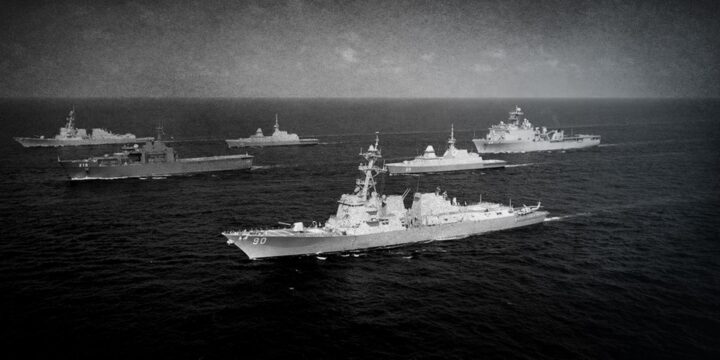February 25, 2025
The Taiwan Fixation
American Strategy Shouldn’t Hinge on an Unwinnable War
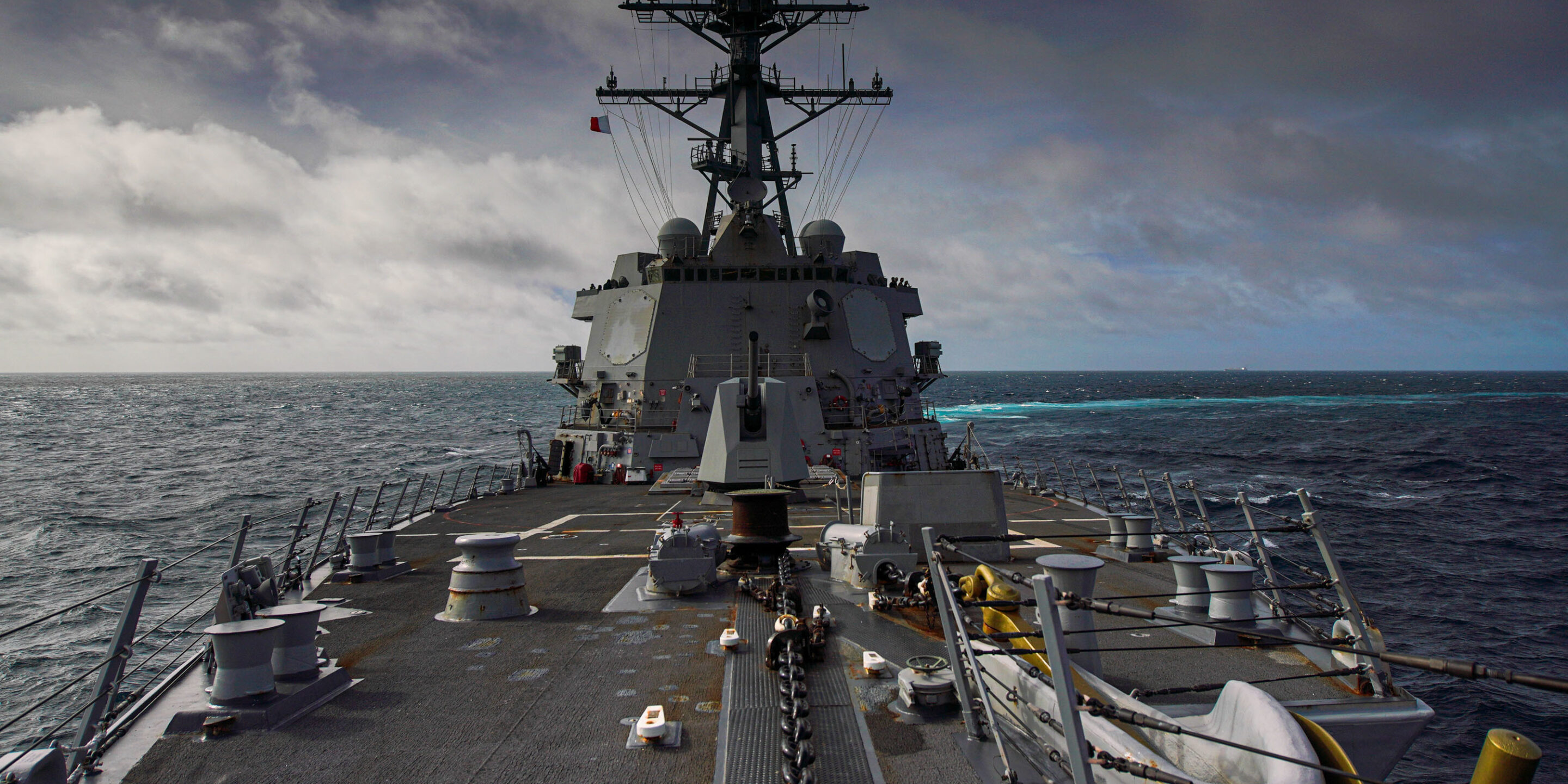
The fate of Taiwan keeps American policymakers up at night, and it should. A Chinese invasion of the island would confront the United States with one of its gravest foreign policy choices ever. Letting Taiwan fall to Beijing would dent Washington’s credibility and create new challenges for U.S. military forces in Asia. But the benefits of keeping Taiwan free would have to be weighed against the costs of waging the first armed conflict between great powers since 1945. Even if the United States prevailed—and it might well lose—an outright war with China would likely kill more Americans and destroy more wealth than any conflict since the Vietnam War and perhaps since World War II. Nuclear and cyber weapons could make it worse, bringing destruction on the U.S. homeland. These would be catastrophic consequences for the United States.
As terrible as a U.S.-Chinese war would be, an American president would face immense pressure to fight for Taipei. Many U.S. policymakers are convinced that Taiwan, a prosperous democracy in a vital region, is worth protecting despite the daunting price of doing so. Political calculations may also push a U.S. president into war. By staying out, the president could expect to be blamed not only for permitting the economic meltdown that China’s invasion would trigger but also for losing Taiwan after a decades-long battle of wills between Washington and Beijing over the island’s future. That would doom a president’s legacy. Against such a certainty, any chance of salvaging the situation could look like a better bet—and by opting to fight China to protect Taiwan, the president would preserve the possibility of going down in history as a great wartime victor. In the 1960s, President Lyndon Johnson faced a choice between ramping up a U.S. military campaign in Vietnam and allowing the Communists to take over the country. He doubted that a war was necessary or winnable. But he sent American soldiers all the same.
U.S. leaders need a way to escape the ghastly decision to either wage World War III or watch Taiwan go down. They need a third option. Washington must make a plan that enables Taiwan to mount a viable self-defense, allows the United States to assist from a distance, and keeps the U.S. position in Asia intact regardless of how a cross-strait conflict concludes. This way, the United States could abstain from sending its military forces to defend Taiwan if China invades the island and does not attack U.S. bases or warships.
Authors

Stephen
Wertheim
Senior Fellow, American Statecraft Program
Carnegie Endowment for International Peace
More on Asia
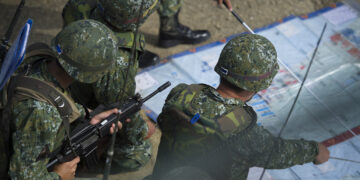
Featuring Jennifer Kavanagh
October 4, 2025

Featuring Jennifer Kavanagh
September 29, 2025


